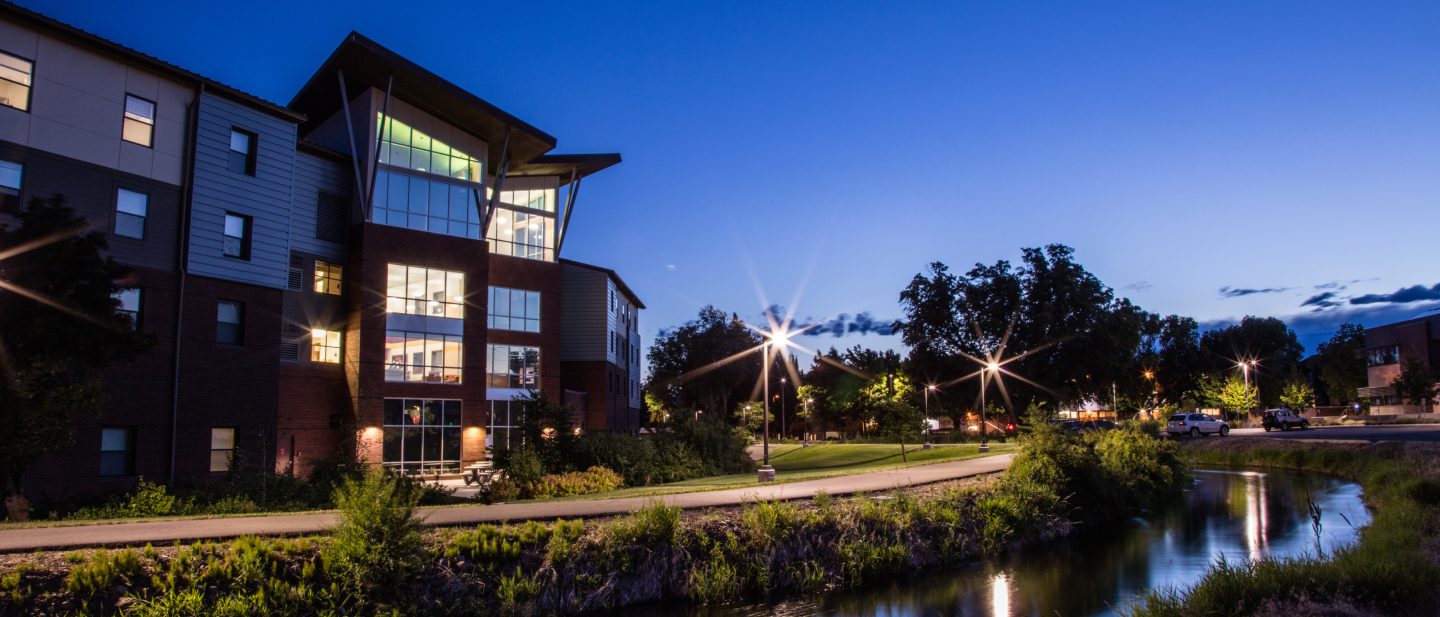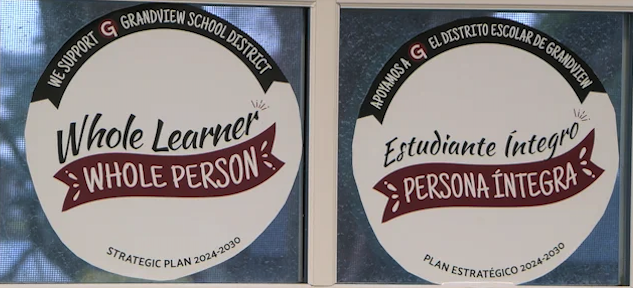
Facilities
Service, Maintenance, and Capital Definitions
Facilities Maintenance Definition
Maintenance activities include keeping spaces, structures and infrastructure in proper operating condition in a routine, scheduled, or anticipated fashion to prevent failure and/or degradation. This includes one-to-one replacement of components and systems not requiring professional engineering or permitting. Maintenance activities do not involve a change in space classification or space use.
Examples of facilities maintenance include:
- Basic custodial services.
- Routine exterior painting of buildings and interior painting of public and common areas.
- General building repairs.
- Maintenance of building life-safety, and systems such as heating, ventilation, air conditioning, plumbing, electrical and lighting.
- Pest control.
- Care of trees and shrubbery, lawns, sidewalks and snow removal.
- Maintenance and repair of door locks and door hardware.
- Some repair of classroom furniture.
Facilities Service Request Definition
Facilities service requests are defined as work outside of routine maintenance that does not involve a change in space use or space classification, require professional engineering, or permitting. Facilities services are performed on a re-bill basis for actual charges incurred.
Examples of facilities services include but are not limited to:
- Installation, service and repair of certain departmental or laboratory equipment. Moving and furniture installation.
- Minor upgrades required to meet departmental program changes not resulting in a change of egress path, reconfiguration of walls, doors or openings.
- Limited installation of additional electrical outlets or lights.
- Non-common area painting and carpeting and painting beyond the planned maintenance cycle.
- Cleaning and support services for some events.
Facilities Project Definition
A facilities project is classified as any construction or renovation activity that changes the function, use or occupancy of a physical space, or eliminates/relocates services, utilities or architectural components. Projects originate from the need to create, expand or alter a space due to program growth, changes in university methods or program delivery, advances in technology, or the need to replace a space, structure, or system that has reached the end of its useful life.Two key distinctions to help differentiate a project from maintenance are:
- Projects typically require planning, professional engineering, permitting, and State inspection.
- Projects are individually funded, whereas Maintenance is typically funded by an annual budget.
Capital Project Definition
Capital projects may be self-funded with local resources in support of non-state funded operations. State-funded capital projects are defined by the Office of Financial Management (OFM) as “a project to construct either new facilities or make significant, long-term renewal improvements to existing facilities." A capital project using state general obligation bonds usually has a useful life of at least 13 years and typically requires the involvement of an architect and/or engineer.Capital projects are usually funded by sources specifically set aside for capital purposes, such as proceeds of bond sales, long-term financing contracts, and other dedicated revenues. Projects either address preservation or programmatic needs:
- Preservation projects maintain, preserve and extend the life of existing state facilities and assets and do not significantly change the program use of a facility. Examples include renovating building systems and finishes, upgrading utility systems, and repairing streets and parking lots.
- Programmatic projects support the goal of a program, such as changing or improving an existing space to meet new program requirements or creating a new facility or asset through construction, lease, and/or purchase. This category is less concerned with life extension of a facility than with qualitative changes needed to provide modern and efficient service.
Each of these categories is further defined by cost threshold:
- Minor capital projects for total project costs below $2M.
- Intermediate projects for total project costs between $2M and $5M.
- Major capital projects for total project costs greater than $5M.
State- funded capital projects may be financed by a variety of methods:
Long-term financing:General obligation bonds are the traditional form of financing for major construction projects. The state sells bonds and pays for the project with the revenue. The legislature typically considers these large projects only every other year, during the development of the two-year construction budget. Legislation authorizing general obligation bonds requires a 60 percent vote by the Legislature.
State funded long-term financing uses are limited. By law, only certain types of expenditures can be funded with long-term financing options. Specific limitations for allowable uses of long-term state financing may be found here.
Other financing:
Cash may be used from a dedicated account to finance capital projects if an agency can show that the account has sufficient capacity and the project meets any restrictions that may be associated with the funding source.
Financing contracts can take several forms, including certificates of participation and certain lease-purchase and lease-development agreements. All financing contracts must be approved by the State Finance Committee.
- Certificates of participation (COP) are "pools" of bonds the state sells and then allocates to state agencies, which must make bond payments (rather than the state). COPs typically fund requests that cannot summon the political support required for general obligation bonds, or that are prohibited by law from using that funding method.
- Lease purchase and lease development agreements enable a building to be built or substantially remodeled to state specifications by a private developer. In both cases, the developer finances the project and recovers the cost through lease payments. By the end of the lease period, the state may exercise the option to purchase at a predetermined price. There is no tax exemption for the developer and market interest rates prevail.
Public Work Definition
Per RCW 39.04.010, “Public Work” means all work, construction, alteration, repair, or improvement other than ordinary maintenance, executed at the cost of the state or of any municipality, or which is by law a lien or charge on any property therein. All public works, including maintenance when performed by contract shall comply with chapter 39.12 RCW. "Public work" does not include work, construction, alteration, repair, or improvement performed under contracts entered into under RCW 39.102.060(4) or under development agreements entered into under RCW 36.102.060(7) or under development agreements entered into under RCW 36.102.060(7) or leases entered into under RCW 36.102.060(8).
- Public Works Contracting - CWU Facilities Management is the authorized entity at CWU for implementing public works contracts. If a project is estimated to cost more than $350,000, state law requires a formal competitive bid process.
- Small Works Contracting - CWU Facilities Management is authorized to implement small works contracting by RCW 39.04.151. Before a project is advertised or quotes sought under small works processes, an engineer’s estimate is needed. By law small works projects are allowed when the cost to CWU of any building, construction, renovation, remodeling, or demolition, other than maintenance or repairs, is estimated not to exceed $350,000.
- Limited Public Works Process - If a work, construction, alteration, repair, or improvement project is estimated to cost less than $150,000, CWU may award a contract using the limited public works process provided under RCW 39.04.152 (4)(b).
- In-House Work - CWU may perform any level of ordinary maintenance or repair work utilizing in-house crews. By law the use of in-house crews is limited to project work where the cost to CWU of any building, construction, renovation, remodeling, or demolition, other than maintenance or repairs, will not exceed $110,000, or if the work involves one trade or craft area, $90,000 RCW 28B.10.350 and WAC 296-127-010.
CWU News

$4 million federal grant aimed at helping with school psychologist shortage
February 25, 2026 by Marketing and Communications

CWU Disability Services aims to provide equitable access to education
February 23, 2026 by Rune Torgersen